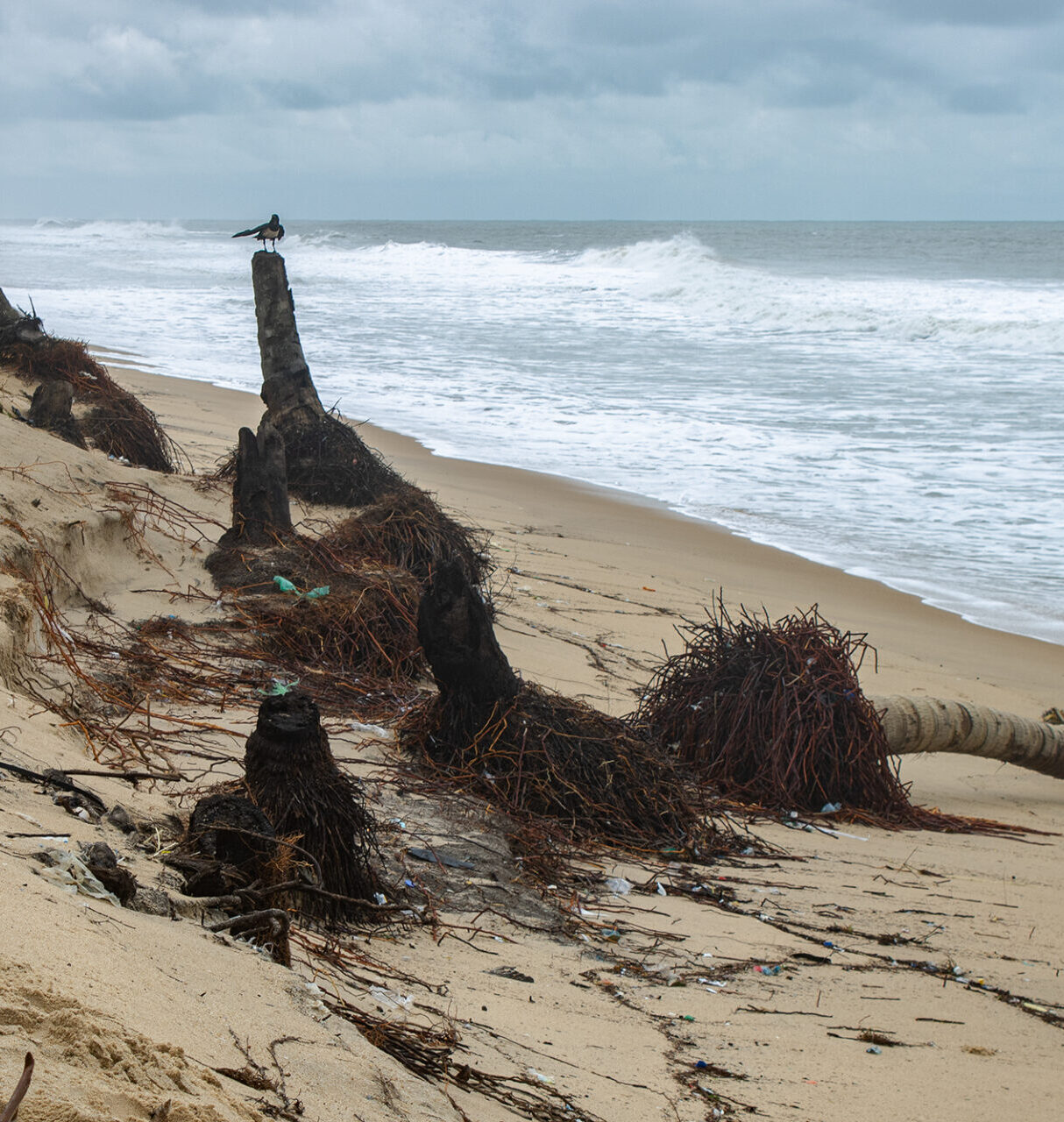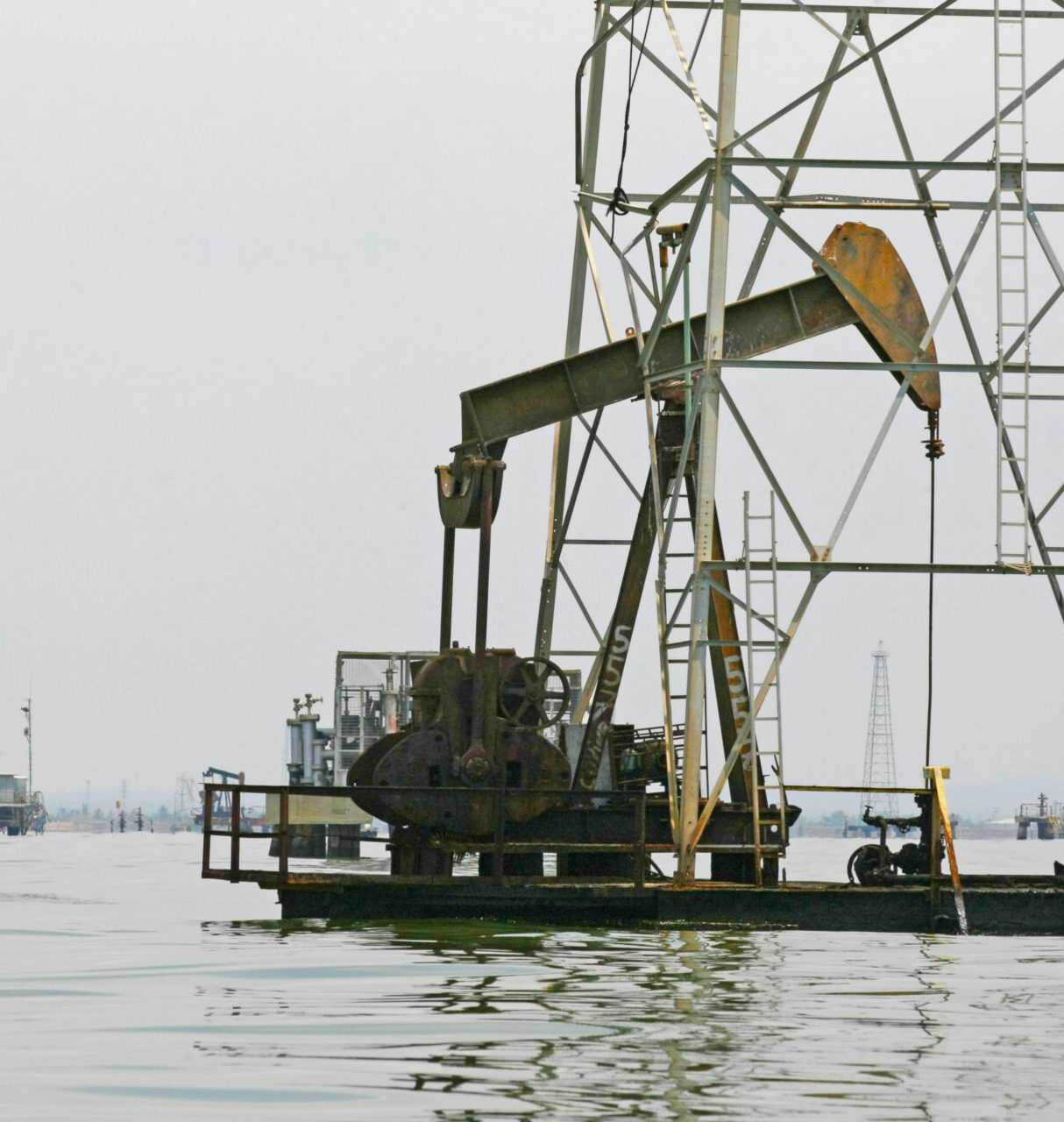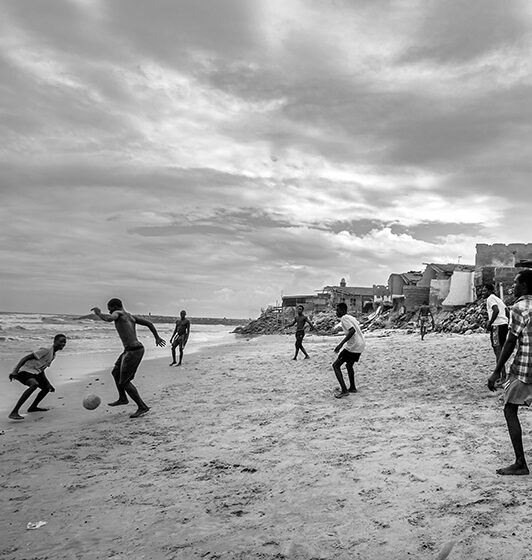SES 5517
Urban Adaptation
This course will cover major topics in urban adaptation broadly divided according to concepts, governance, and practices. Concepts will include cross-cutting issues such as equity and justice, limits to adaptation, and the adaptation/mitigation nexus. Governance will span scales from community-led resilience to regional collaboratives to transnational city networks. Practices will delve into leading strategies for cities to adapt to major climate impacts with an emphasis on flooding and heat.
Mon, Jan 27, 2025









